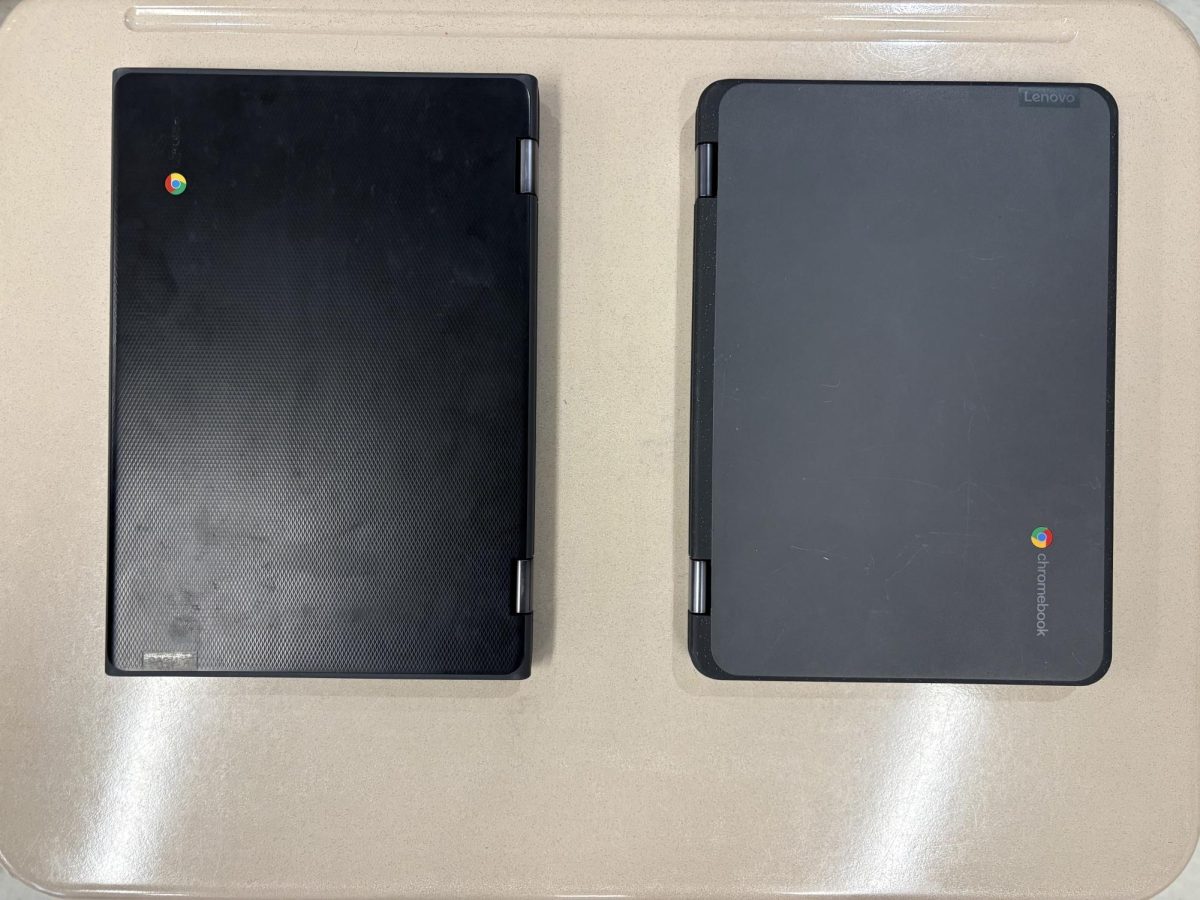A third booster dose of the COVID vaccine was approved to immunocompromised individuals and those in high-risk or prioritized categories ages 18 and older beginning in August 12 after the first dose(s) of the COVID vaccine were made available to the majority of the public in waves from December 11, 2020 to October 20.
Many infectious disease vaccines require booster shots for full effect. Many vaccines, such as measles, chickenpox or tetanus booster shots are required for the purpose of restrengthening the effect of a wearing-off vaccine or replenishing the functioning of the vaccine. The third dose booster for the COVID vaccine however slightly differs from these precedents because of one major factor: variants.
Because COVID is still extremely rampant and prevalent throughout the world, the virus is constantly mutating, resulting in variants, requiring vaccines to have a slightly different formula to counter it.
“The current vaccines are still effective against the variants we are now seeing, particularly for protecting against serious illness that would require hospitalization or cause death. But if the virus evolves further and there is a worse variant, the vaccine could be modified,” Albert Shaw, MD, Ph.D., Yale Medicine infectious disease specialist said.
While the COVID booster slightly differs from other infectious disease vaccines, prolonged immunity is a common purpose for all vaccine boosters. Even though the booster shots for COVID might need to be altered based on the most recent and threatening variant (unlike many other infectious diseases which are too scarce to mutate in the same fashion), it could still lead to prolonged immunity, a step in the right direction towards a ‘normal,’ pre-COVID lifestyle.
“I think that if you are eligible to get it and they are offering it at the nearest location, you should by all means get it. It will definitely be beneficial if more people get the shot, which will protect not only yourself, but those around you,” senior Ross Katcher said.
A booster shot is medically recommended because the antibodies used to fight the COVID virus naturally wane over time. Combined with the ever-mutating nature of the virus itself, the initial dose(s) of COVID will not maintain sufficiency or effectiveness over time. However, the booster third dose of the vaccine did not receive nearly as much media attention or common support.
“I think some people are sick and tired of hearing “COVID shots” so they don’t feel the edge to get another dose. For some, it was an easy two shots. But for others, some might’ve had bad experiences that would lead them to the decision to not get another,” Katcher said.
The craze associated with the initial authorization of the COVID vaccine was not matched with the emergence of the booster shot. Despite this lack of media frenzy, students, teachers and community members alike have done their part to receive their third dose of the vaccine, or get educated about the situation if they are not yet eligible.
“I read about the virus and about the vaccines from a variety of sources. I also spoke to my doctor before getting the booster shot,” math teacher Erin Hall said.
Getting the vaccine increased public confidence in safety against COVID, as society reflected such assurance by reopening schools and businesses. The booster vaccine only reinforces this viewpoint, as those who have received the vaccine feel secure in their immunity.
“The booster shot gives me more comfort that I won’t become seriously ill from COVID and gives me some peace of mind to go to stores, restaurants and see family and friends more comfortably. However, we have a young son at home who is not yet eligible for a vaccine so we continue to be cautious,” Hall said.









